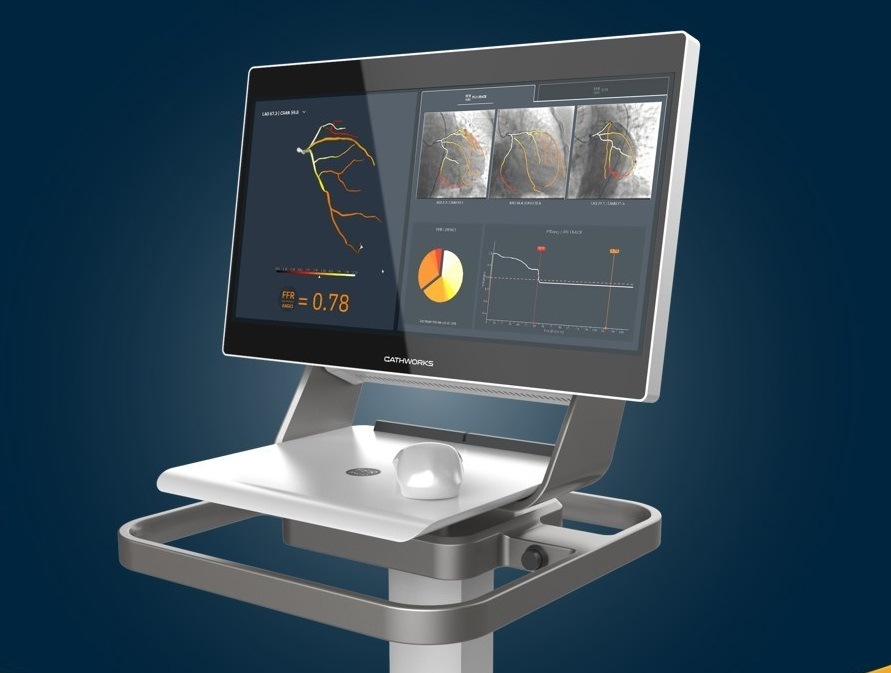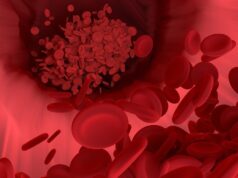
CathWorks has announced the successful completion of enrolment of the Advancing Cath Lab Results with FFRangio Coronary Physiology Assessment (ALL-RISE) randomised controlled trial (RCT), evaluating the clinical and economic benefits of the CathWorks FFRangio system in diagnosing and treating coronary artery disease (CAD).
The ALL-RISE Study included over 1,924 patients across 59 sites in North America, Asia, Europe and the Middle East. Participants presenting with coronary stenoses of intermediate significance and requiring physiology assessment were randomised to receive either FFRangio-guided treatment or invasive pressure wire-guided treatment. Notably, this was the first-ever randomised controlled trial in the USA to assess clinical outcomes using an angiography-based tool for physiologic lesion assessment, CathWorks said in a press release.
In a joint statement, the ALL-RISE study chair, Ajay Kirtane (NewYork-Presbyterian/Columbia University Irving Medical Center, New York, USA) and principal investigators, William Fearon (Stanford University, Stanford, USA) and Allen Jeremias (St. Francis Hospital & Heart Center, Roslyn, USA), stated: “On behalf of the study executive committee, we would like to congratulate and thank all the global investigators, study coordinators and patients who collectively enabled this incredible accomplishment. The high level of engagement and record speed of enrolment parallel the growing adoption of FFRangio globally. We look forward to sharing the results of this landmark study after clinical follow-up is completed.”
CathWorks’ senior director of clinical affairs, Alex Froimovich, added: “The completion of ALL-RISE enrolment marks a significant milestone for our company and team’s mission to transform how cardiovascular disease is diagnosed and treated. We believe this study, adding to FFRangio’s growing body of clinical evidence, has the potential to significantly advance the field of coronary physiology and close the gap between its current adoption and the appropriate use guidelines recommendations. FFRangio has already demonstrated higher diagnostic accuracy over all other angio-based technologies, highlighting the fact that not all angio-based technologies are created equal, and therefore technology-specific clinical data are needed.”










